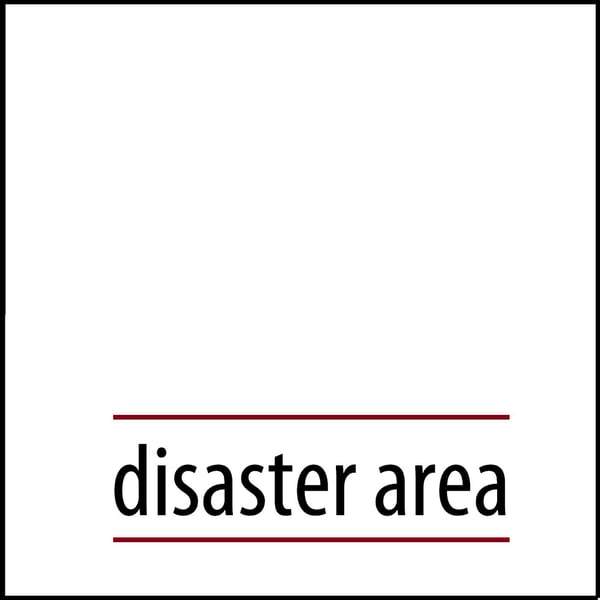Episode 50: LANSA Flight 508
Disaster Area
Disaster Area
4.2 • 839 Ratings
🗓️ 30 September 2017
⏱️ 44 minutes
🧾️ Download transcript
Summary
Transcript
Click on a timestamp to play from that location
| 0:00.0 | Hello, everybody. This is Jennifer Matarise, and before I get started today, I'd just like to take care of the usual housekeeping. |
| 0:07.2 | If you'd like to help support the podcast, you can do so with a one-time donation through PayPal at Disasterarea atmail.com, or on a per-episode basis through Patreon at www.com.com or on a per-episode basis through Patreon at www.w.patriot.com slash disaster area podcast. |
| 0:26.1 | You can also follow the podcast on Facebook at Disaster Area Podcast and on Twitter and Instagram at Disaster Area Pod. |
| 0:34.6 | And also, please think about rating and reviewing the podcast on iTunes. It's a little hard to do, but it would really help out. And as always, the sources for each new episode can be found at disasterareapodcast.wordpress.com. With that taken care of, thanks for listening and welcome to disaster area. |
| 1:01.6 | Episode 50, Lansa Flight 50, December 24, 1971, 91 deceased, one injured. Today we're going to talk about a badass. She's a 62-year-old |
| 1:17.3 | German librarian and scientist with short blonde hair and glasses. See, when I put it like that, |
| 1:23.0 | she probably doesn't sound like a badass. But when she was only 17, Julian Diller, born Julian |
| 1:30.0 | Kopka, survived a plane crash over Peru. And she kept surviving all alone in the jungle for 10 |
| 1:36.9 | straight days. Julianne Kupka was born October 10, 1954 in Lima, Peru to Hans Wilhelm and Maria Kopka. |
| 1:47.0 | Julian's mom was an eminent ornithologist, and her father was a biologist fascinated with the |
| 1:52.0 | wildlife present in the Peruvian rainforest. |
| 1:56.0 | Yulian was an only child, but because of her parents' strong interest in their work, one child |
| 2:01.7 | was more than enough. |
| 2:03.4 | Hans Wilhelm and Maria were passionate about science and very close, working hard on everything |
| 2:08.7 | from everyday research to writing for scientific publications. |
| 2:14.1 | Yulean grew up in a home where a steady stream of scientists flowed through, stopping on their |
| 2:19.0 | way to more remote research locations, or staying to discuss science with the Elder Kopkas. |
| 2:25.9 | Yulian's parents both worked at the Javier Prado Museum of Natural History in Lima, Peru, when |
| 2:31.8 | she was a child. |
| 2:33.7 | In 1968, Hans Wilhelm and Maria Kopka established an ecological station called Panguana |
| 2:39.6 | in an isolated section of the Peruvian rainforest. |
| 2:42.8 | Panguana, which was named after a native bird, was basically a hut on stilts, with the |
... |
Transcript will be available on the free plan in -2736 days. Upgrade to see the full transcript now.
Disclaimer: The podcast and artwork embedded on this page are from Disaster Area, and are the property of its owner and not affiliated with or endorsed by Tapesearch.
Generated transcripts are the property of Disaster Area and are distributed freely under the Fair Use doctrine. Transcripts generated by Tapesearch are not guaranteed to be accurate.
Copyright © Tapesearch 2025.

